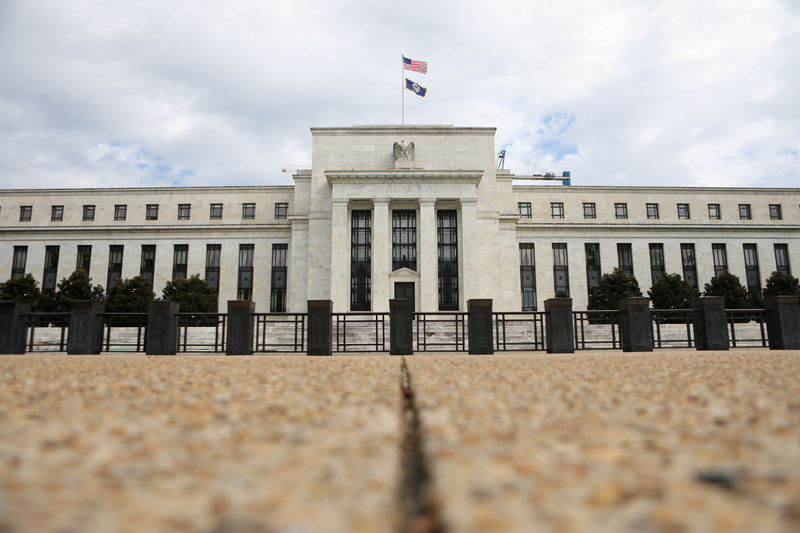This post was originally published on this site
https://i-invdn-com.akamaized.net/trkd-images/LYNXMPEFA71SX_L.jpg
By Pete Schroeder
WASHINGTON (Reuters) – The U.S. Federal Reserve on Friday proposed delaying a new rule limiting foreign banks’ credit exposure to a single counterparty, allowing non-U.S. regulators time to adopt similar regulations which foreign companies could opt to follow instead.
With the proposed 18-month delay, foreign banks would not have to comply with the new restrictions until July 1, 2021 for larger banks, and the beginning of 2022 for smaller firms.
The rule would apply to the combined U.S. operations under direct control of foreign banks, which are permitted to operate under their home country’s similar rules.
The potential delay would not apply to intermediate holding companies established by foreign banks in the United States, which must adhere to the Fed’s rule.
The rule, introduced under the 2010 Dodd-Frank financial reform law but still not effective, aims to prevent contagion risks that rocked many big banks during financial the crisis due to their large exposures to one another.
Fusion Media or anyone involved with Fusion Media will not accept any liability for loss or damage as a result of reliance on the information including data, quotes, charts and buy/sell signals contained within this website. Please be fully informed regarding the risks and costs associated with trading the financial markets, it is one of the riskiest investment forms possible.

